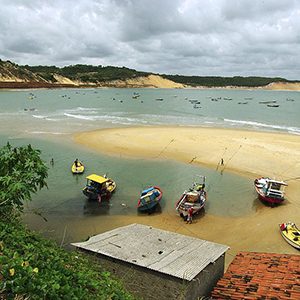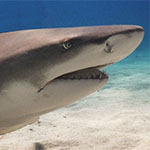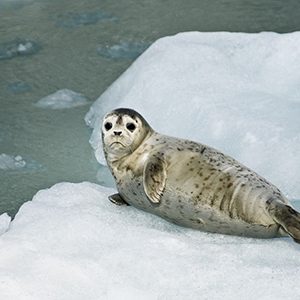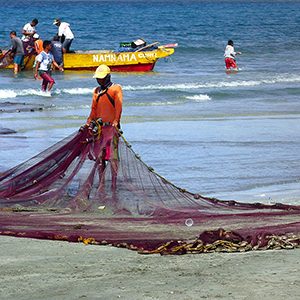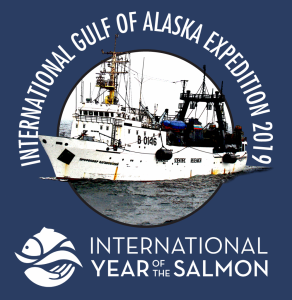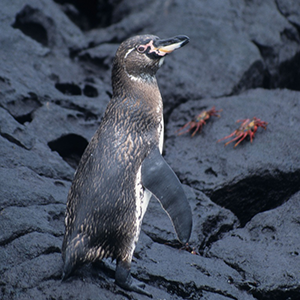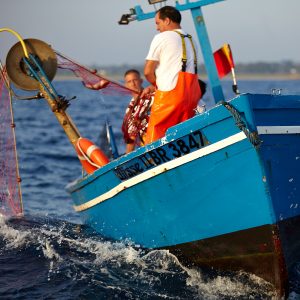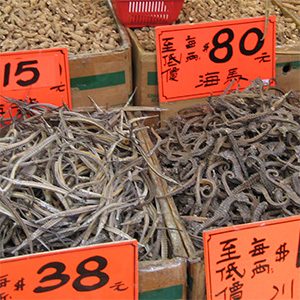New approach for determining conservation threat for species with little data
With species-level CHI modelling, researchers could estimate conservation status for thousands of Data Deficient species on the IUCN Red List.
Small-scale fisheries can play a big role in local economies and subsistence
The Baía Formosa’s small-scale fishery was found to provide subsistence, food security and employment opportunities for local inhabitants.
Official stats mask almost all species of shark and ray caught in the Mediterranean and Black seas
97% of the sharks and rays caught and brought to market domestically are not reported by species.
In the Arctic, little protection for the most important conservation areas
The researchers found that areas crucial for Arctic marine predators are largely left unprotected.
Ensuring individual transferable quotas benefit fisheries and the environment
Rashid Sumaila proposes various policy changes to help fishers benefit from ITQs while minimizing their negative impacts.
International Gulf of Alaska Expedition
The IOF has two faculty members on board this international salmon research voyage to the Gulf of Alaska
Greater conservation efforts needed to protect Galápagos bird populations, a new study shows
Researchers found that unless current conservation measures are increased, the birds’ future conservation is precarious.
Trust more important than ecology to gain local support for conservation
Researchers found that building trust with small-scale fishers, through actions like ensuring transparency and conducting outreach activities, is key to gaining local conservation support.
Despite export bans global seahorse trade continues
95% of dried seahorses in Hong Kong’s market were reported as being imported from source countries that had export bans in place.
Achieving Paris climate target could net additional billions in fisheries revenue
Achieving Agreement’s target could increase global fishers’ revenues by $4.6 billion annually.

